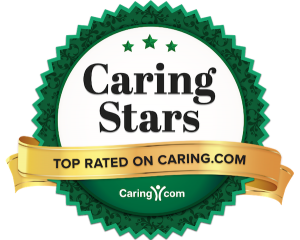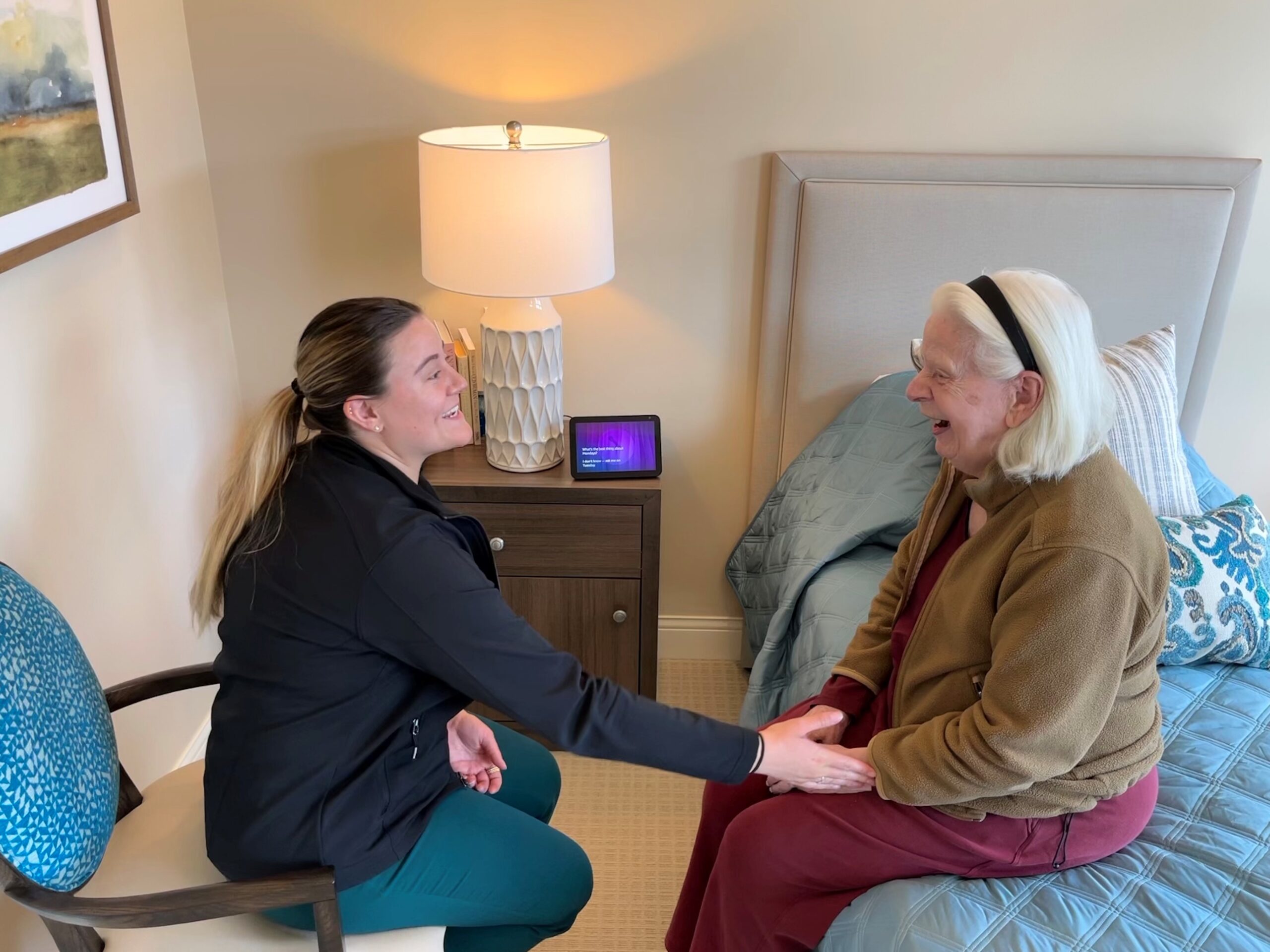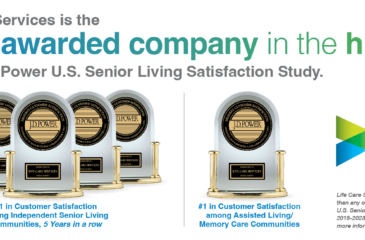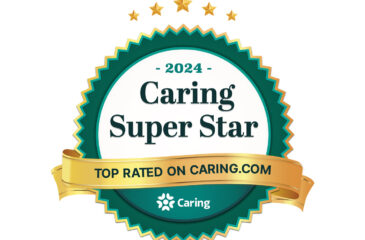04/30/2025
When a loved one has a need for skilled nursing, a personalized care plan is all-important to their well-being. This roadmap for the resident’s care is created with input from medical professionals, caregivers, the resident and their family. But what exactly does it involve, and why is it essential?
What Is Skilled Nursing?
Skilled nursing (what previous generations called a “nursing home”) has progressed significantly over the years. Today, it involves high level medical care provided by trained health professionals in a licensed facility. This care is ordered by a physician when necessary, following a hospital stay, surgery or for chronic conditions that require round-the-clock attention. Services might include wound care, medication management, physical therapy, occupational therapy, speech therapy and assistance with activities of daily living (ADLs), such as bathing, dressing and eating.
What Is a Care Plan?
A care plan is a formal document developed to guide the ongoing care of a resident under skilled nursing care. It’s personalized to the individual’s unique medical conditions, emotional needs, lifestyle preferences and personal goals. The creation of this plan typically occurs within the first few weeks of admission and is reviewed and updated regularly, especially after any significant changes in the resident’s condition.
The process of care planning involves a team approach, which may include input from physicians, nurses, certified nursing assistants (CNAs), therapists, dietitians, social workers and recreational staff. Most importantly, the resident and their family are also involved, as their insight and preferences are central to shaping a plan that’s both effective and respectful.
What Should Be Included in a Care Plan?
A comprehensive care plan should cover all aspects of the resident’s health and daily life. Key components often include the following:
- Medical diagnosis and history: Details of the resident’s current health conditions, medications and treatment regimens
- Nutritional needs: Dietary preferences or restrictions, feeding assistance and weight monitoring
- Medication management: A review of prescribed and over-the-counter medication, including a plan for ordering, administering and monitoring effectiveness and side effects of medications
- Mobility and physical therapy: Mobility limitations, rehabilitation goals and exercises prescribed by therapists
- Cognitive and emotional support: Assessments for dementia, depression or anxiety, along with any interventions
- Activities of Daily Living (ADLs): Support required for dressing, bathing, grooming and toileting
- Social and recreational preferences: Hobbies, interests and ways to encourage social engagement and quality of life
- Family and spiritual considerations: Beliefs, traditions and communication preferences
Every resident is different, so their care plan must be individualized rather than one-size-fits-all.
What Are the Family and Resident Responsibilities?
The care planning process works best when families and residents take an active role. Their responsibilities include the following:
- Participating in care plan meetings: These regular meetings are an important opportunity to connect with the care team, share insights and ask questions. Family members can offer valuable context about the resident’s history, routines and preferences, helping us tailor care in a meaningful way.
- Communicating changes: If the family member learns of any changes in the resident’s condition, preferences or behaviors, families should report them promptly.
- Advocating for preferences: Whether it’s daily routines, cultural or spiritual traditions, or dietary choices, we want to honor what matters most to each resident. Families can play a key role in helping communicate and reinforce these preferences.
- Staying informed: Understanding the care plan allows families to be proactive partners. By staying involved, families can support their loved one’s care journey and build a trusting relationship with our team.
Personalized Care at The Forum
A personalized care plan in a skilled nursing community is more than a checklist – it’s a dynamic, evolving document that ensures your loved one receives care tailored to their individual needs. When residents, families and skilled staff work together, care plans become powerful tools for promoting health, safety and dignity.
At The Forum, our skilled nursing delivers person-centered care in a luxurious, supportive and professional environment. If you have questions about care plans, the skilled nursing services available at our community or the care you or a loved one can receive at our health center, we invite you to give us a call or click here to learn more. We’re here to help guide you through every step of the journey.








